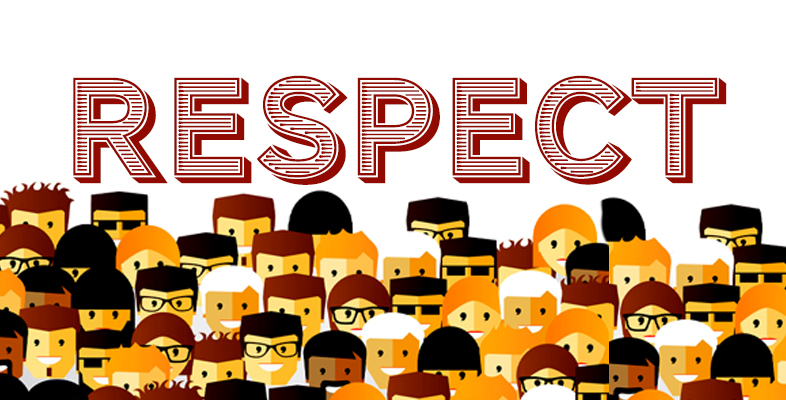2.2 Children’s voice and children’s rights
Giving a voice to children is underpinned by a rights perspective. The United Nations Convention on Children’s Rights was established in 1989.
Activity 4 Children’s Expression
In this activity you are asked to reflect on the relevance of rights and participation to your interests. Think about:
- How might children’s rights and the ethical issues around participation apply to any of your future plans to collect data or share a research project?
- How have researchers, including children, you have read about on this course included the voices of children?
- To which other groups of people do these rights apply, that might affect how a researcher thinks about including them in research?
To find out more about examples of children participating in research, visit The Open University’s Faculty of Wellbeing, Education and Language Studies Children’s Research Centre website [Tip: hold Ctrl and click a link to open it in a new tab. (Hide tip)] (make sure to open this link in a new tab/window so you can easily return to this page).

